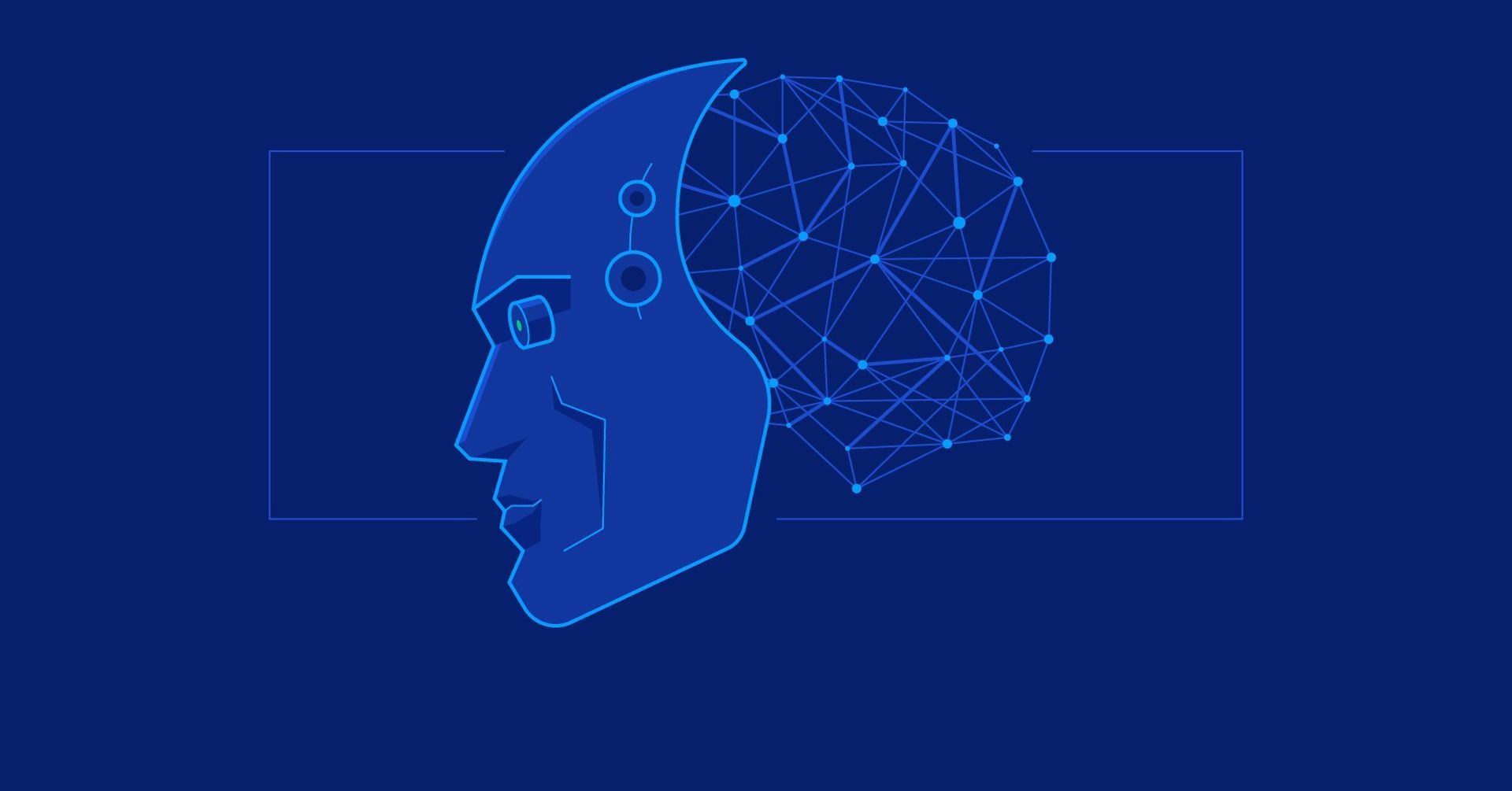A leading expert in machine learning started a new discussion over the meaning of AI and ML technologies.
While science-fiction debates about AI are “fun,” according to Michael I. Jordan, a professor in the department of electrical engineering and computer science and department of statistics at the University of California, Berkeley, they are also a “distraction.”
“There’s not been enough focus on the real problem, which is building planetary-scale machine learning-based systems that actually work, deliver value to humans, and do not amplify inequities,” Jordan said to IEEE Spectrum.
Why current AI systems are not actually.. intelligent?
According to Jordan, imitating human thinking is not the primary goal of machine learning or even the ideal objective. In much the same way that a search engine enhances human knowledge by organizing the Web, machine learning may complement human intelligence by carefully analyzing enormous data sets.
Machine learning may help humans in healthcare, retail, and transportation by bringing together information from numerous data sources, identifying patterns, and suggesting new courses of action through tedious analysis of huge data sets.

“For the foreseeable future, computers will not be able to match humans in their ability to reason abstractly about real-world situations. We will need well-thought-out interactions of humans and computers to solve our most pressing problems. We need to understand that the intelligent behavior of large-scale systems arises as much from the interactions among agents as from the intelligence of individual agents,” explained Jordan.
What is the meaning of AI and ML?
Jordan published an article called ‘Artificial Intelligence: The Revolution Hasn’t Happened Yet’ in July 2019, most recently updated at the beginning of this year. He ended up being awarded the IEEE John von Neumann Medal as a result of his contributions. Jordan described why caution was necessary, with contributors, including Jeff Bezos, thanked at the bottom of the article. He also addresses the differences between the definition of AI and ML in the paper. You can learn more about the history of machine learning; it dates back to the 17th century.
Even though these advancements are sometimes referred to as AI technology, the underlying systems do not employ high-level cognition or thinking. The systems do not develop or pursue long-term objectives in ways that humans can.

“Just as humans built buildings and bridges before there was civil engineering, humans are proceeding with the building of societal-scale, inference-and-decision-making systems that involve machines, humans, and the environment. Just as early buildings and bridges sometimes fell to the ground – in unforeseen ways and with tragic consequences – many of our early systems are already exposing serious conceptual flaws,” explained Jordan.
He stresses the difference between the meaning of AI and ML, “most of what is labeled AI today, particularly in the public sphere, is actually machine learning,” in the article published in 2019.

“People are getting confused about the meaning of AI in discussions of technology trends – that there is some kind of intelligent thought in computers that is responsible for the progress and which is competing with humans. We don’t have that, but people are talking as if we do,” added Jordan.
Finally, as Pretz puts it, the desire for human pleasure “should not be an afterthought when developing technology.” To clarify this shift in meaning, Jordan mentioned a lexical change between social science and social engineering.

“I think that it’s important to recall that for all of the wonderful things science has done for the human species, it really is engineering – civil, electrical, chemical, and other engineering fields – that has most directly and profoundly increased human happiness,” explained Jordan.
If you want to dig more into the meaning of AI, check out the fantastic precursors of artificial intelligence.





